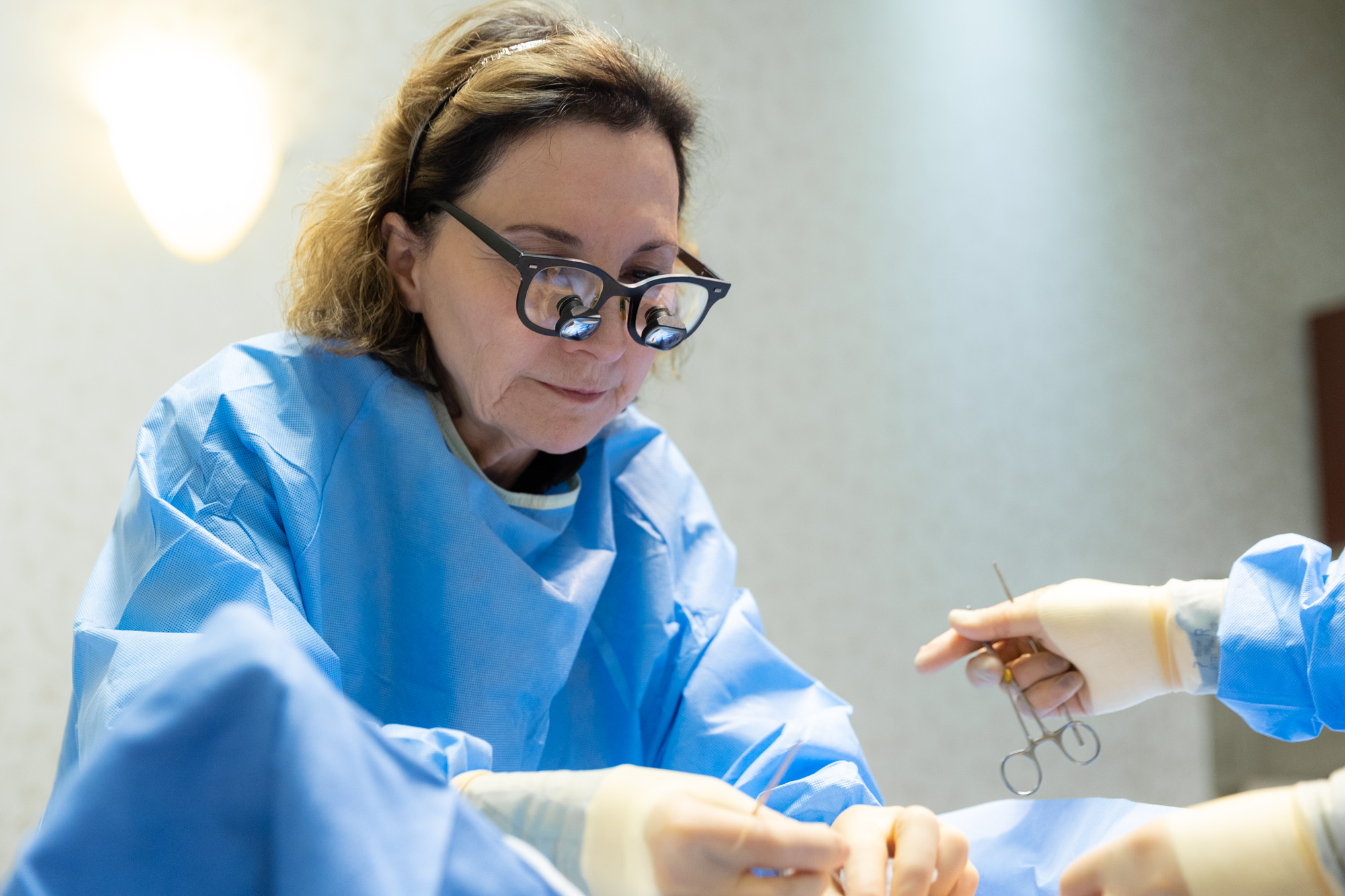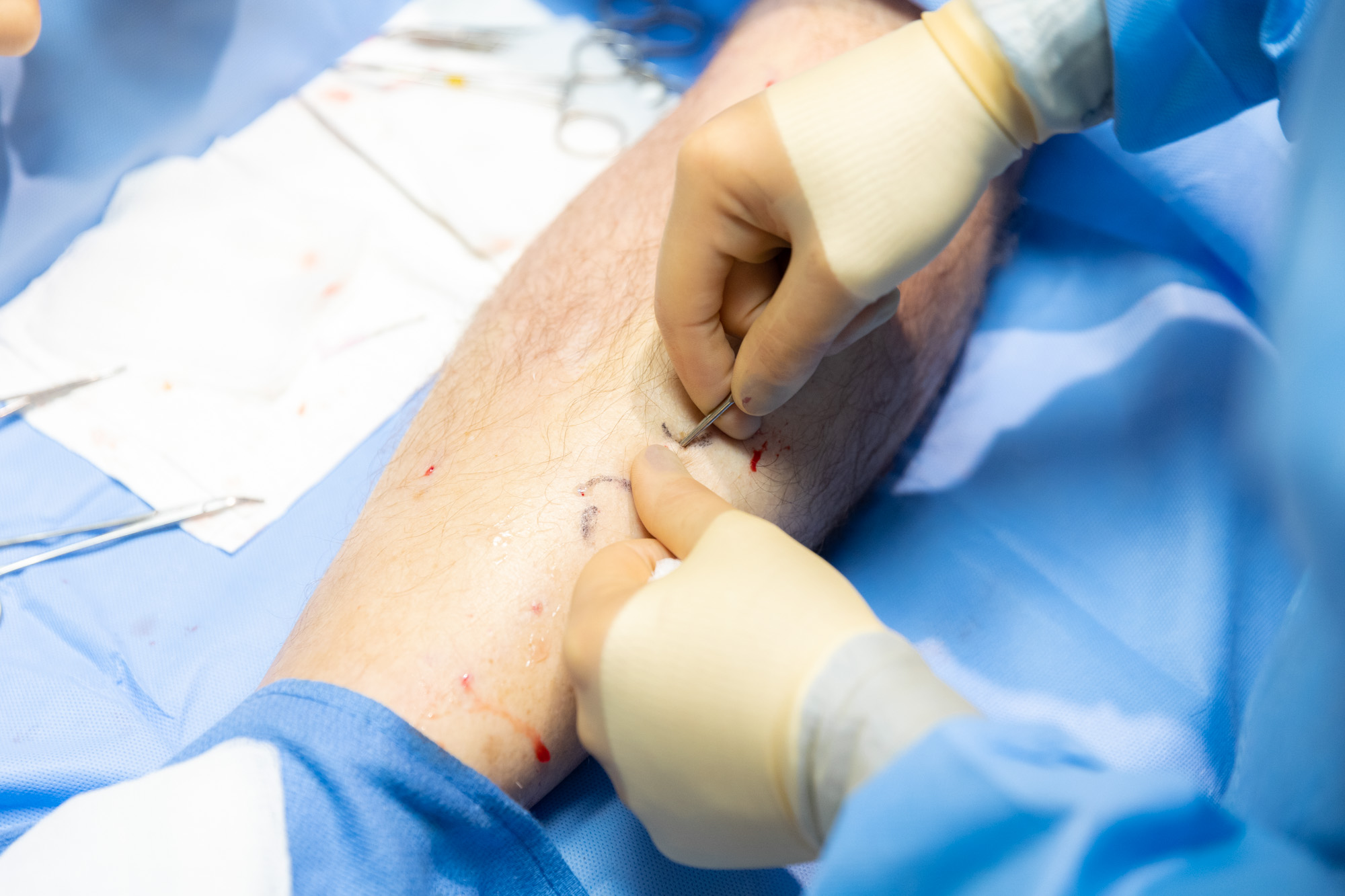venous insufficiency treatment in greater milwaukee
Tackle Venous Insufficiency
SCROLL

Say Goodbye to Visible Veins
Whether your vein issues are cosmetic or medical, we can help. With an on-site physician, a team of experts, and a variety of treatment options available—including several laser-based therapies—Wisconsin Vein Center & MediSpa can treat varicose and spider veins safely and effectively with excellent results.
Treatments for Venous Insufficiency in Greater Milwaukee
1. Endovenous Laser Treatment
2.Ambulatory Phlebectomy Treatment
3. Varithena Varicose Vein Treatment
4. Spider Vein Treatment
5. Compression Hose

